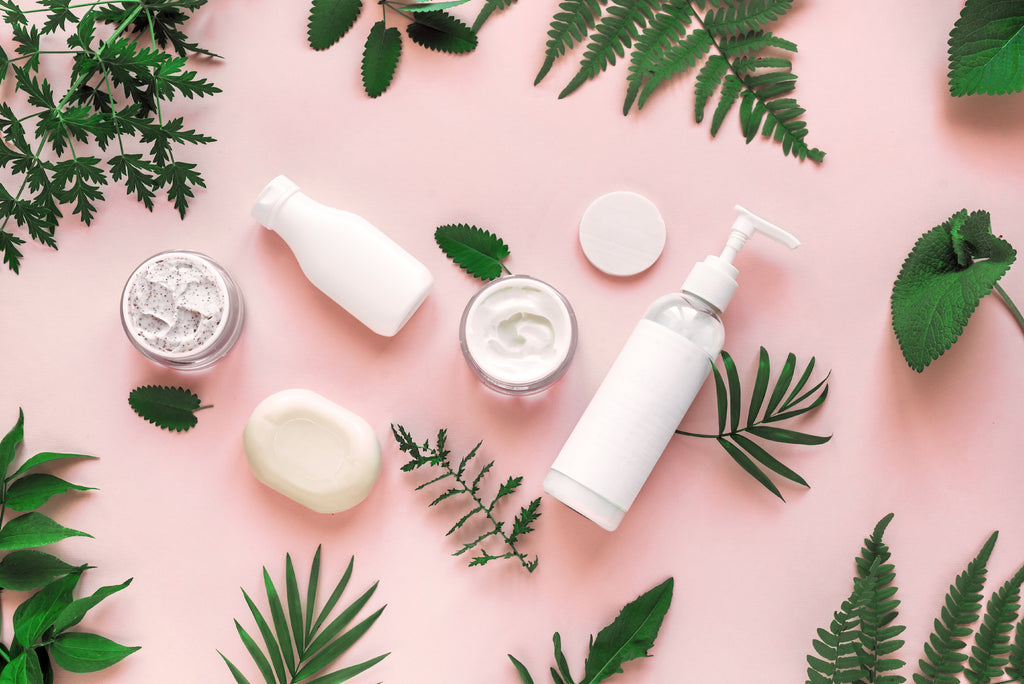Understanding Winter Skin Challenges:
Winter air holds less moisture than warm air. Add to that the effects of wind, indoor heating, and frequent handwashing during flu season, and your skin is constantly losing hydration. The result? Dryness, flaking, redness, and sometimes painful cracking, especially on exposed areas like your face and hands. For individuals with conditions like eczema or psoriasis, winter can exacerbate these issues, making prevention even more crucial.
Strategies to Protect Your Skin:
1. Moisturize Regularly and Effectively:
Investing in a high-quality moisturizer is the first step to combating winter dryness. Here’s how to maximize its effectiveness:
-
Choose the right product: Opt for creams or ointments instead of lotions. Look for ingredients like hyaluronic acid, glycerin, ceramides, and shea butter that help retain moisture and repair the skin barrier.
-
Apply on damp skin: Moisturize immediately after showering or washing your hands to lock in moisture.
-
Carry a travel-sized moisturizer: Keep one handy for reapplication throughout the day, especially if you’re outdoors.

2. Stay Hydrated Inside and Out:
Your skin’s moisture levels are influenced by internal hydration. Drinking plenty of water and eating hydrating foods like cucumbers, oranges, and celery can support skin health from within. Using a humidifier indoors can also counteract the drying effects of heaters.
3. Shield Your Skin Outdoors:
When venturing outside, it’s vital to protect your skin from the elements:
-
Wear protective clothing: Scarves, gloves, and hats can shield your skin from wind and cold. Opt for breathable fabrics to prevent irritation.
-
Use sunscreen: UV rays are still a threat in winter, especially with the reflective surfaces of snow and ice. Apply a broad-spectrum sunscreen with SPF 30 or higher.
-
Don’t forget your lips: A hydrating lip balm with SPF can prevent chapping and protect the delicate skin of your lips.

4. Avoid Overwashing and Hot Showers:
Although hot showers feel amazing on a cold day, they strip your skin of natural oils, leading to dryness. Stick to lukewarm water and limit your shower time to 10 minutes. Use gentle, fragrance-free cleansers to maintain your skin’s natural barrier.
5. Exfoliate Gently:
Exfoliation can remove dead skin cells, helping your moisturizer penetrate more effectively. However, over-exfoliating can damage already sensitive winter skin. Use a gentle exfoliator once or twice a week and follow up with a rich moisturizer.
6. Pay Special Attention to Hands and Feet:
Hands and feet often bear the brunt of winter’s drying effects:
-
Gloves are a must: Always wear gloves when outdoors, preferably insulated ones. For extra hydration, apply a thick hand cream before putting them on.
-
Pamper your feet: Use a thick moisturizer or petroleum jelly on your feet before bed, then wear cotton socks to lock in moisture overnight.

7. Opt for Gentle Skincare Products:
Harsh soaps and cleansers can exacerbate dryness and irritation. Switch to mild, fragrance-free products designed for sensitive skin. Avoid alcohol-based toners and astringents that strip away natural oils.
8. Specific Tips for Outdoor Activities:
Outdoor enthusiasts face unique challenges when it comes to winter skin care. Whether skiing, hiking, or simply shoveling snow, the following strategies can help:
-
Layer strategically: Wear moisture-wicking base layers to keep sweat away from your skin, reducing the risk of chafing and irritation.
-
Reapply sunscreen: If you’re out for extended periods, reapply sunscreen every two hours.
-
Use a windproof face mask: Protect your cheeks, nose, and mouth from windburn by wearing a balaclava or ski mask.
Nutritional Support for Healthy Skin:
Your diet plays a crucial role in maintaining skin health, especially in winter. Consider the following nutrients:
-
Omega-3 fatty acids: Found in salmon, walnuts, and flaxseeds, omega-3s help maintain skin elasticity and reduce inflammation.
-
vitamin E: This antioxidant, found in almonds and spinach, supports skin repair and hydration.
-
vitamin C: Essential for collagen production, vitamin C-rich foods like oranges and strawberries can keep your skin resilient.
-
Zinc: Found in shellfish and pumpkin seeds, zinc supports skin healing and reduces dryness.

Skincare Myths to Avoid:
In your quest for healthy winter skin, steer clear of these common misconceptions:
-
Myth: Oily skin doesn’t need moisturizer. Even oily skin can become dehydrated in winter, making it more prone to breakouts and irritation. Choose a lightweight, non-comedogenic moisturizer.
-
Myth: Drinking water alone keeps skin hydrated. While hydration is essential, external measures like moisturizers and humidifiers are equally important.
-
Myth: Sunscreen isn’t needed in winter. UV rays penetrate clouds and reflect off snow, making sunscreen a year-round necessity.

DIY Remedies for Winter Skin Care:
Sometimes, natural remedies can complement your skincare routine. Here are a few safe and effective options:
-
Honey masks: Honey is a natural humectant that draws moisture to the skin. Apply a thin layer to your face for 10–15 minutes, then rinse with warm water.
-
Coconut oil: Use coconut oil as a natural moisturizer for dry areas like elbows and knees.
-
Oatmeal baths: For itchy or irritated skin, add a cup of finely ground oatmeal to your bathwater for soothing relief.

When to Seek Professional Help:
If dryness, cracking, or irritation persists despite your efforts, it’s a good idea to consult a dermatologist. Persistent skin issues could indicate an underlying condition requiring medical attention or prescription treatments. Common signs to watch for include:
-
Painful cracks that bleed
-
Persistent redness or swelling
-
Itchy, scaly patches that don’t improve with moisturization

Building a Consistent Routine:
Consistency is key to protecting your skin in winter. Establish a daily routine that incorporates cleansing, moisturizing, and sun protection. Adapt your regimen based on your activities and exposure to the elements, ensuring you're always prepared.:max_bytes(150000):strip_icc()/how-to-create-daily-routine-hero-bdef1687b3e1477a9edf64f3b9790183.jpg)



You must be logged in to post a comment.